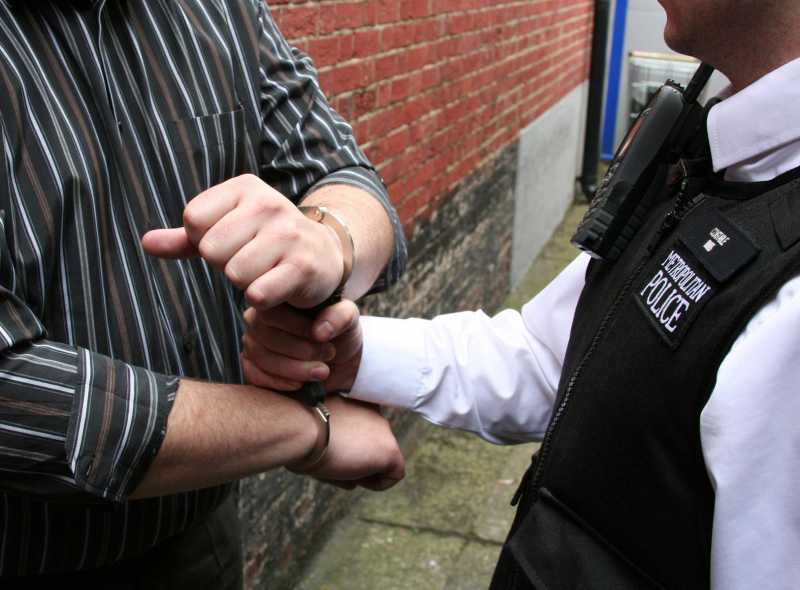Rajnish Singh reports on Delhi’s decision to to join cyber police network to curb crime
 Delhi Police are all set to join the Criminal Tracking Network System (CCTNS), a cyber highway of criminal records data, along with other states that would enhance their crime-fighting prowess.
Delhi Police are all set to join the Criminal Tracking Network System (CCTNS), a cyber highway of criminal records data, along with other states that would enhance their crime-fighting prowess.
According to a report by the National Crime Records Bureau (NCRB), Delhi along with West Bengal, Jharkhand and Maharashtra are in the ‘initial stage’ to implement the project.
The NCRB is the nodal agency handling the project, which was started in 2009 by the central government to facilitate collection, storage, retrieval, analysis, transfer and sharing of data and information among police stations, state headquarters and the central police organisations across the country.
Explaining how the CCTNS works, Director General of NCRB Rajiv Ranjan Verma told IANS that each police officer’s General Diary (GD), which records the movement of the state police, and the First Information Reports would be uploaded on the network so that it can be accessed by all police stations, via a password.
“So, it not only helps in catching criminals easily even if they shift base to another city or state but also ensures that a strong case is built against the criminals as their past record is available in a jiffy,” Verma said.
The CCTNS creates an integrated system for enhancing the efficiency of policing through e-governance and creation of a nationwide network infrastructure. It also reduces the need to manually perform monotonous tasks, improves police communication and e-mail system, said Verma. So far, 16 states and union territories – Tamil Nadu, Andhra Pradesh, Gujarat, Karnataka, Andaman and Nicobar Islands, Assam, Chandigarh, Chhattisgarh, Jammu and Kashmir, Kerala, Meghalaya, Nagaland, Sikkim, Odisha, Tripura and Uttarakhand – have become part of the project.
“While Kerala was the first state to adopt the project starting in five districts, Tamil Nadu, Andhra Pradesh, Gujarat and Karnataka have emerged on top with the maximum number of connected police stations,” he said.
On the challenges faced by the project, Verma said training police personnel to handle the vast e-networking based application is the biggest uphill task, but added that the network connectivity was going on ‘full swing’.
“A total of 14,485 police station sites out of 21,502 in 16 states and three new states have been connected by BSNL (Bharat Sanchar Nigam Limited), and the remaining 3,961 are ready to be connected,” he said.
NCRB is coordinating with BSNL and other internet service providers to establish connectivity between the national data centre to the state data centre.
The CCTNS has been taken up as a mission mode project as part of the government’s National e-Governance plan (NeGP) under the supervision and guidance of the Ministry of Home Affairs. For implementing the project, a total of Rs.540.61 crore has been released to states and union territories till March 31, 2014, of which Rs.334.81 crore has been utilized (62 percent of the funds).